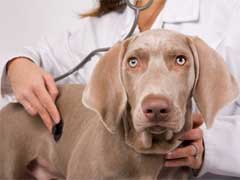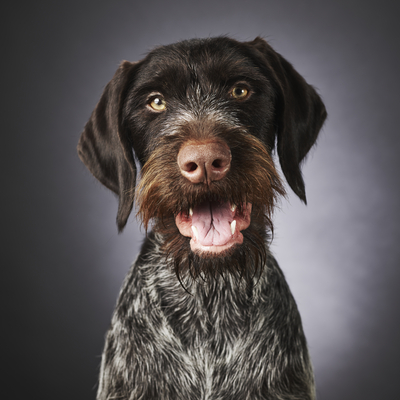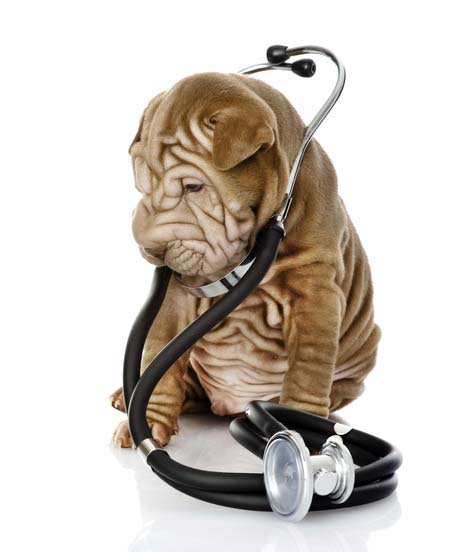
 Kennel cough in dogs can cause alarm in their owners. Understanding the kennel cough symptoms to watch for is important for the health of your dog.
Kennel cough in dogs can cause alarm in their owners. Understanding the kennel cough symptoms to watch for is important for the health of your dog.
Coughing and Other Symptoms
The first sign of kennel cough in dogs is the actual coughing. Because this is an upper respiratory infection, dogs will cough and may also have a watery discharge coming from their noses. Although we associate these symptoms in humans with the common cold, the condition can worsen for dogs.
Without treatment or with several infectious agents (both bacteria and viruses can cause the condition) working against your dog’s health, your dog’s symptoms can worsen to include loss of appetite, fever, and lethargy. If the illness progresses your dog could develop pneumonia and/or die from this condition.
Getting Treatment
The good news is that kennel cough treatment can stop the disease, especially if it is caught early. For animals with a mild case of kennel cough in dogs, bronchodilators can be used to treat the condition. These medications help open up the airways to make it easier for your dog to breathe and to get rid of the congestion. Antibiotics may also be given for mild cases, but they are fairly standard treatment in cases that have progressed.
Kennel cough in dogs should not be treated with steroids, however, because they can reduce the immune response and actually make it harder for dogs to fight off the virus or bacteria causing the illness.
You may also want to consider a kennel cough home remedy. For example, if you run a hot shower in your bathroom so steam builds up in the enclosed space then let your dog go into the room to breathe in the steam it can have the same positive benefits for him as it does for humans.
Kennel Cough Prevention
The kennel cough vaccine is the best form of protection for your dog. Your vet may recommend either the injection or the nasal spray version of the vaccine for your pet. Both can protect your pet from developing kennel cough in dogs, especially if he is boarded frequently, attends training classes with other dogs, or goes to doggie daycare regularly.
Discussing the risks of kennel cough in dogs and the vaccines available with your vet is a good first step in protecting your pet’s health.
 Breed Improvements: Old Problems and New Solutions
There is a general movement within
Breed Improvements: Old Problems and New Solutions
There is a general movement within
 Shopping List for Your Puppy
Shopping List for Your Puppy
Shopping List for Your Puppy
Shopping List for Your Puppy
 How to Get a Handicapped Dog Up & Down Stairs
How to Get a Handicapped Dog Up & Down Sta
How to Get a Handicapped Dog Up & Down Stairs
How to Get a Handicapped Dog Up & Down Sta
 Thanksgiving Dangers: Tips to Prevent Common Problems in Your Dog
Thanksgiving Dangers: Tips to Prevent Common
Thanksgiving Dangers: Tips to Prevent Common Problems in Your Dog
Thanksgiving Dangers: Tips to Prevent Common
 Vaccinations for Your Dog: the Upshot
Debate Continues to Rage Over the N
Vaccinations for Your Dog: the Upshot
Debate Continues to Rage Over the N
Copyright © 2005-2016 Pet Information All Rights Reserved
Contact us: www162date@outlook.com